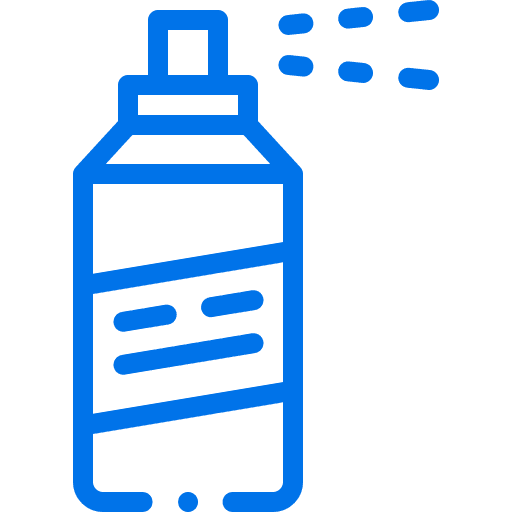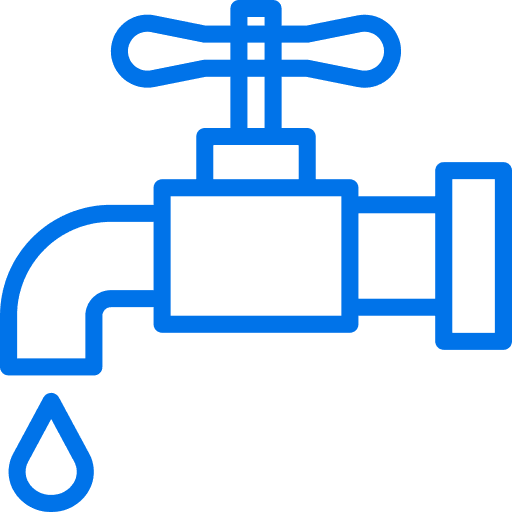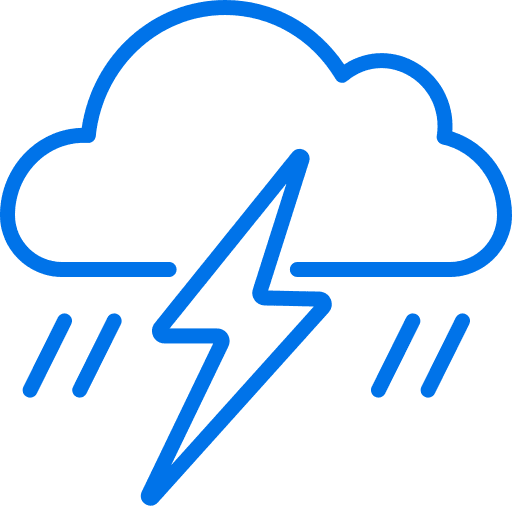Want to know what events home and contents insurance covers? Easy. Just check your product disclosure statement (PDS) for covered events, sometimes called insured events.
Covered events refer to the situations your home insurance covers, like fire, storms or lightning. These events are listed in your PDS, so it’s worth reviewing your policy to know what you’re covered for.
Usually, insurers have roughly 10 categories of covered events. We've rounded them up below.

Fire
When your home is damaged by flames. For example, a bush fire, kitchen fire or electric fire.
Be careful though, if there is no direct flame, you might not be covered. For example, if a neighbour has a fire and your home is soot or smoke damaged. In those cases, you usually have to have accidental damage cover to claim.

Theft and attempted theft
When items in your home are stolen or your home is damaged due to an attempted burglary.
You'll have to report the incident to the police for your home insurance to cover it. Unfortunately, you might not be covered if you or a family member invited the culprit into your home.

Malicious damage or vandalism
When your property is intentionally damaged by someone else. It could be graffiti, smashed windows, or even more serious damage due to a riot or civil commotion.
Again, exclusions can apply with this one. If you publicly post your address as the venue for a party, or you participate in the riot or civil commotion, damage probably won't be covered.

Breakage of glass, ceramics or sanitary fixtures
Cracked toilets, sinks and shower basins are all covered by your home insurance. So are smashed windows, solar panels and pool fences.
It could also be handy to know the difference between fittings and fixtures in your home and how your insurance deals with it.
Storms and rainwater
Hail damage, wind damage and rain damage are all covered under the storms and rainwater category. Damage from drain overflow is also covered, as well as earth movement within a certain timeframe of the storm.
Watch out though, storms aren't covered when you first buy your policy. You might have to wait up to three days before storms are covered. Insurers do this to stop people from purchasing a policy days before a storm is expected to arrive.

Escape of liquid
Sounds like a weird one, but this covers damage from sudden escapes of liquid or damage from liquid that escaped slowly over time, but there was no way for you to have known.
For example, your washing machine breaks and water floods your home or a broken pipe has been leaking without your knowledge.

Lightning
Pretty straightforward one, damage from lightning strikes are covered by your policy as long as it's a direct hit.
A home and contents insurance policy can help with the costs of damage to the physical structure of your home and to your belongings from lightning.

Explosion
Damage from explosions is covered by your policy. For example, a boiler explosion, an electronic device exploding or a gas explosion.
This can sometimes include cover for earth movements that happens within a certain amount of time after the explosion. You'll need to check your PDS to see if this part is included.

Earthquake or tsunami
Damage caused by an earthquake or a tsunami, including earth movement that happens within a certain time frame of the event.
To be covered, the earthquake must be recorded by an Australian government geoscience organisation. The tsunami must also be recorded as arising from an earthquake.

Impact at home
Impact means when something hits your home or falls onto your home. That could be a falling tree, a car that's lost control, or even if a power pole collapses.
One big exception is damage caused by falling trees if you or a family member has given permission for them to be felled.

Flood
Flooding is when normally dry land is covered by water that has escaped from a lake, river, creek, reservoir, canal or dam.
Flood cover is usually an optional extra, so always check your insurance policy carefully to see if you're covered or not.
FAQs
Sources
Ask a question
2 Responses
More guides on Finder
-
Home insurance for water damage
Find out how home insurance can cover water damage and how to avoid some of the pitfalls.
-
Home Insurance Victoria
Be ware of the unique risks faced by Victorian homeowners. Discover how to find a home insurance policy that gives you the cover you really need with this handy guide.
-
RACV home insurance
Find out what you will be covered for with RACV Home Insurance.
-
Bendigo Bank home insurance review
Here's a detailed review of Bendigo Bank home insurance with information on 3 cover options.
-
Home insurance deals
Access the latest home insurance deals and special offers to save further on your policy.
-
Renters insurance
Find out what renter's insurance is, what it covers and how to find the right policy for your needs.
-
Find the cheapest home insurance and slash your premium
Follow these steps to find affordable home insurance that won't leave you stranded.
-
Best home insurance Australia
What you need to know about finding the best home insurance for you. Compare policies and learn what questions to ask when researching insurance policies.
-
Compare building insurance
Building insurance covers your home structure only, not the contents inside. Learn more about what is covered, what isn’t covered and compare your options today.
-
Compare home and contents insurance
Compare home and contents insurance - our research shows you can save up to $1,653 by switching.


Would all windows require a key lock?
Would all entry doors require a double-sided key lock?
Hi Wai,
Those are interesting questions and lock usage can affect the cost of your premium. However in this case it’s best to get in touch with your insurer in order to confirm exactly what their requirements are.
Regards,
James